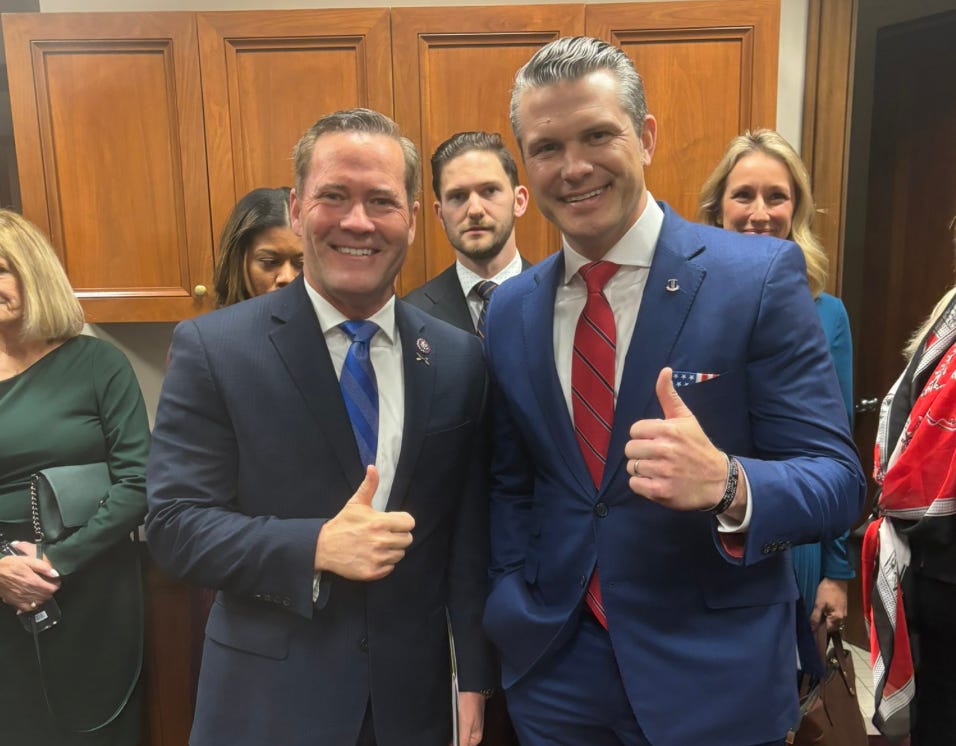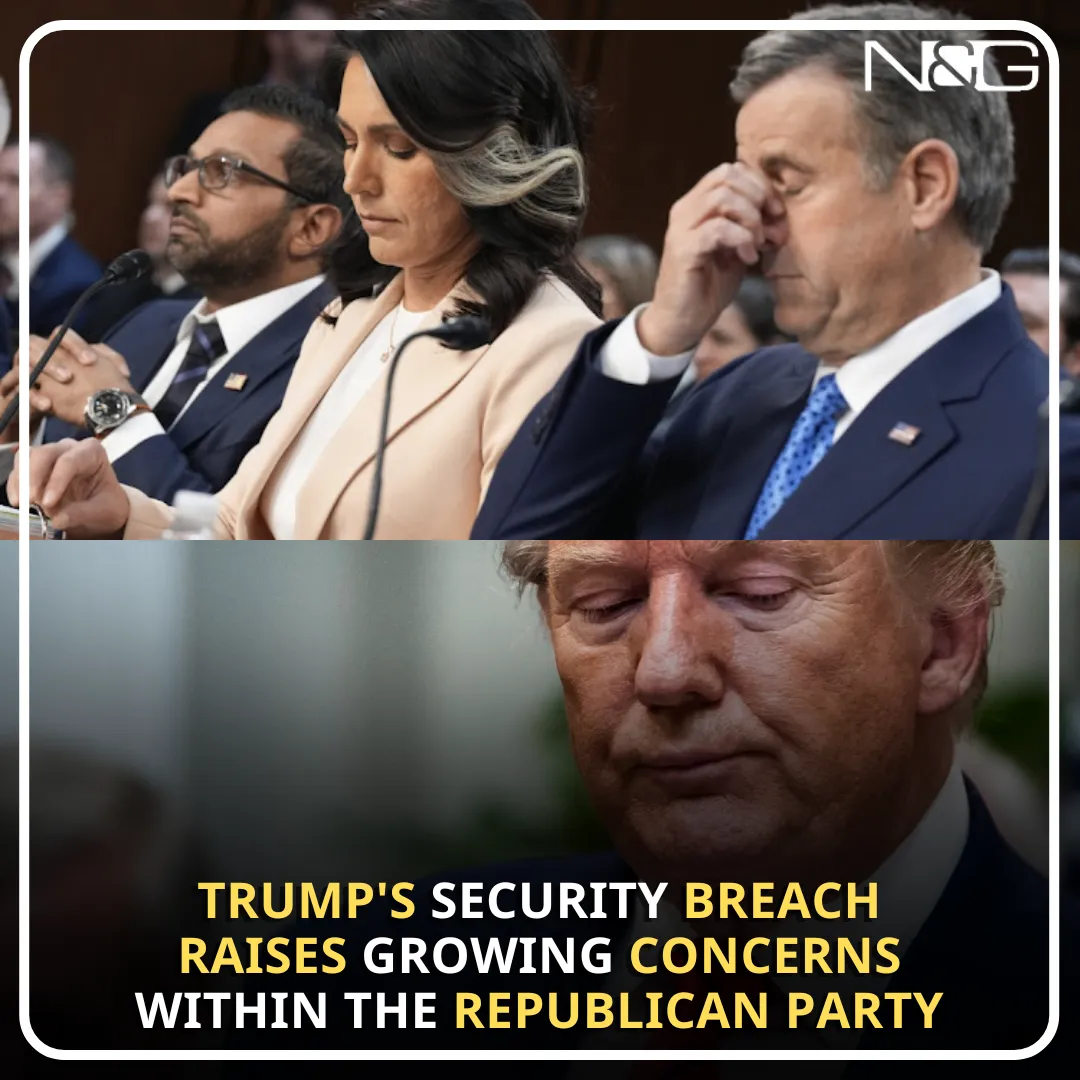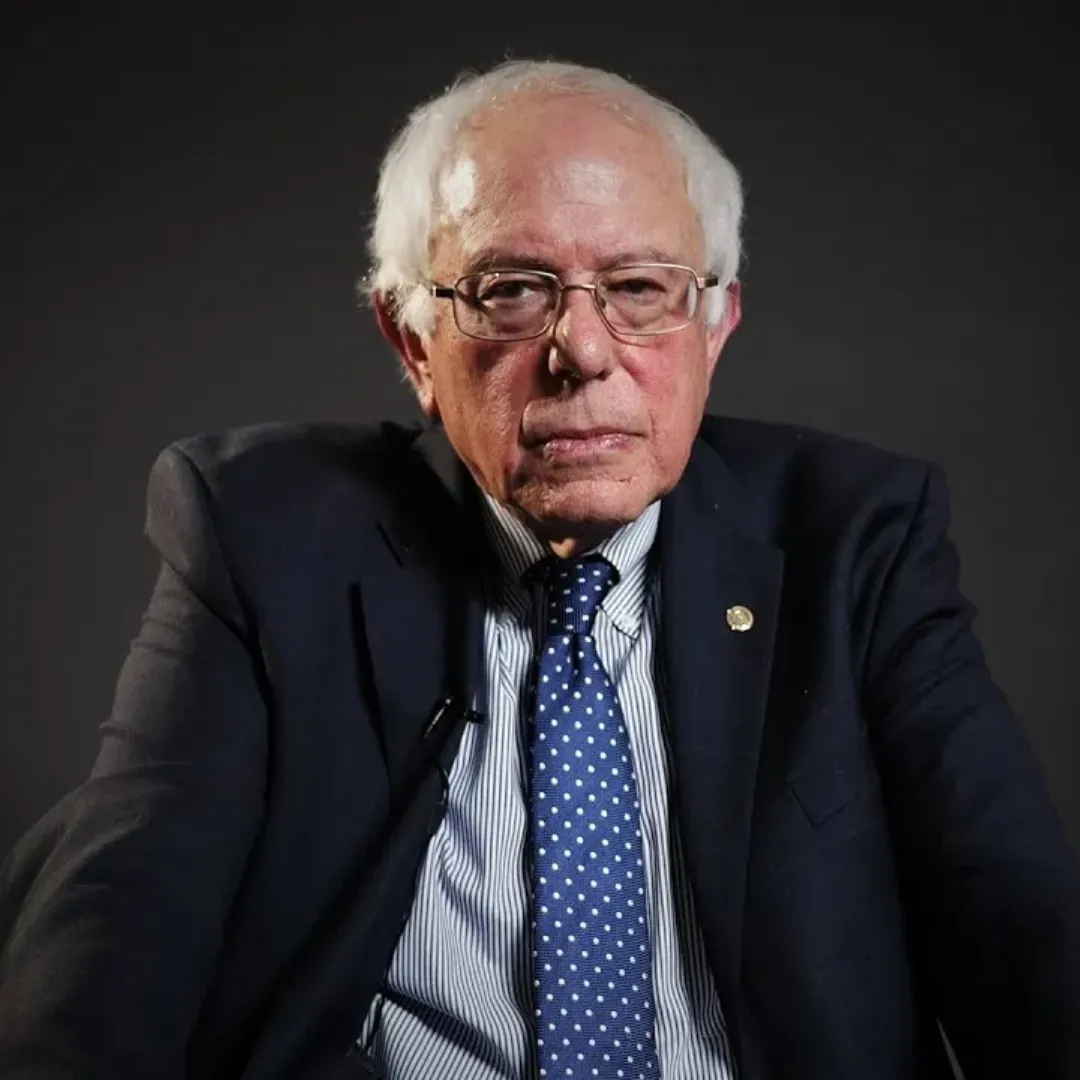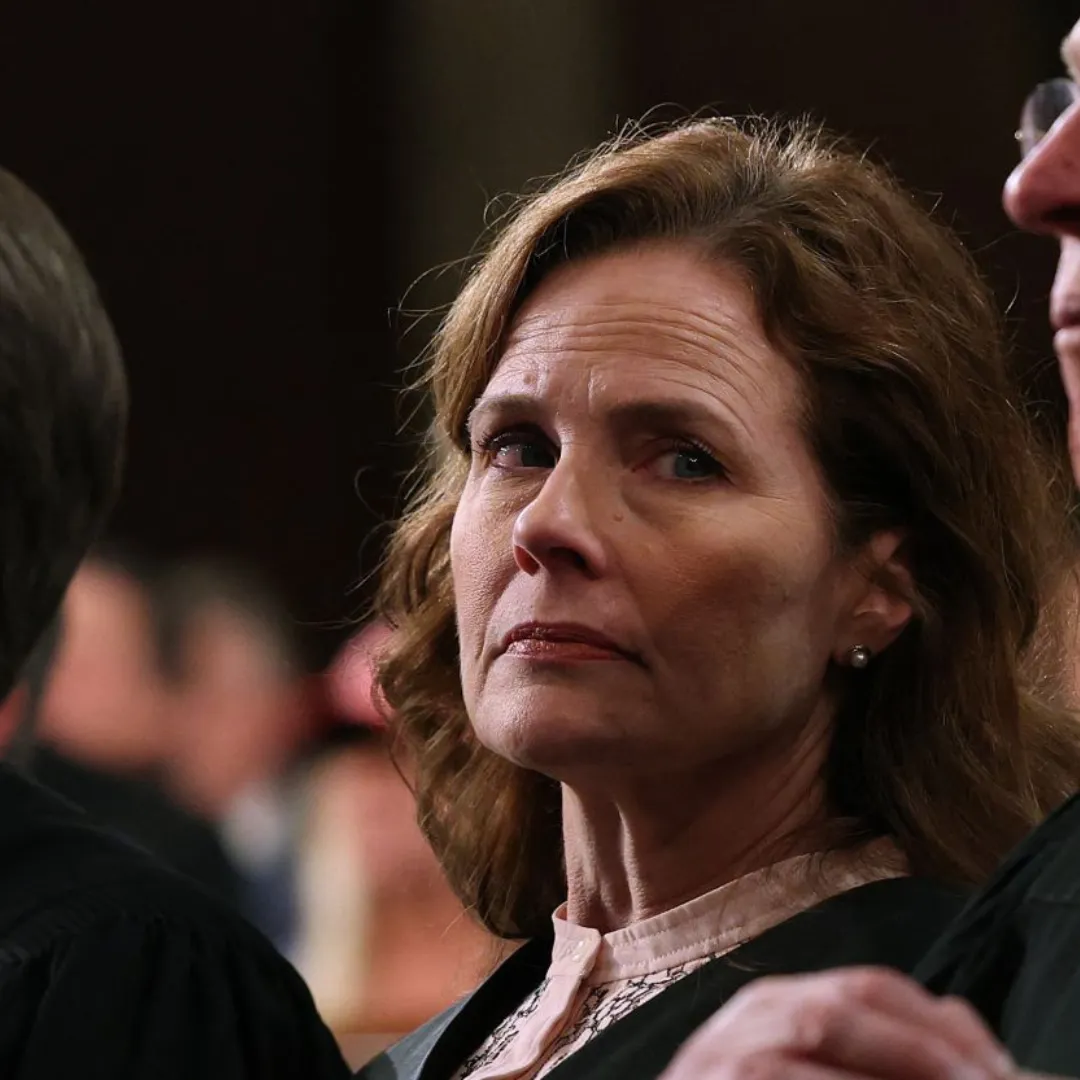In a recent interview on Fox News’s The Ingraham Angle, National Security Adviser Mike Waltz found himself at the center of a storm over a peculiar and unsettling incident involving a journalist from The Atlantic, Jeffrey Goldberg. The issue centers around how Goldberg, a long-time critic of the Trump administration, found himself added to a Signal group chat with high-level national security officials discussing a U.S. airstrike targeting Houthi rebels in Yemen.
Waltz, clearly agitated by the situation, shared his surprise at Goldberg’s inclusion in the chat. His remarks raised more than a few eyebrows, given the long-standing, contentious relationship Goldberg has had with the president and his administration.
Waltz took to the airwaves, remarking that despite not being a “conspiracy theorist,” he couldn’t help but question how Goldberg, whom he accused of spreading misinformation about the president and tarnishing the reputations of Gold Star families, ended up in such a critical conversation.
“I’m not a conspiracy theorist,” Waltz began, “but of all the people out there, somehow this guy who has lied about the president, who has lied to Gold Star families, lied to their attorneys, and gone to Russia, hoax, gone to just all kinds of lengths to lie and smear the president of the United States, and he’s the one that somehow gets on somebody’s contact and then gets sucked into this group.”
The frustration was palpable in his voice as he detailed how the journalist’s appearance in the chat was a mistake, adding fuel to an already contentious situation.

Waltz then attempted to clarify the nature of the error, suggesting that Goldberg’s number may have been stored under a different name in his contact list, which could have led to him being mistakenly added to the communication thread. He went on to explain that he hadn’t noticed Goldberg’s name in the group at first.
“I didn’t see this loser in the group. It looked like someone else,” Waltz told Fox News host Laura Ingraham during the interview.
Further elaborating on the circumstances, Waltz said the situation was still under investigation. He stressed that whether Goldberg’s addition to the chat was the result of a deliberate act or an unfortunate technical error remained unclear.
“Now, whether he did it deliberately or it happened in some other technical mean, is something we’re trying to figure out,” Waltz added, offering little more than speculation.
Waltz also took the opportunity to address the issue head-on, taking full responsibility for the mistake. He made it clear that Goldberg’s involvement was not due to a failure on the part of his staff, acknowledging that the individual he had actually intended to add had never joined the chat.
However, he declined to reveal the name of the person who was supposed to be included in the conversation.
Despite the mishap, both Waltz and Secretary of Defense Pete Hegseth were quick to reassure the public that no classified information or military plans were leaked through the chat. These statements came in stark contrast to claims made by Goldberg himself, who, in an appearance on CNN, alleged that he had received sensitive military information through the group chat.

Goldberg’s response to the controversy was blunt and unequivocal. In his CNN interview, he claimed that he had received detailed information about the airstrike and the military’s plans for further actions in Yemen.
“That’s a lie,” Goldberg countered during his Monday appearance. “He was texting war plans. He was texting attack plans. When targets were going to be targeted; how they were going to be targeted; who was at the targets; when the next sequence of attacks was happening.”
Goldberg’s bold assertions have only intensified the dispute, with some questioning the credibility of the journalist’s version of events.
However, even without direct access to the details of the group chat, Rep. Don Bacon, a Republican from Nebraska, raised concerns that foreign adversaries like Russia and China may have had access to the sensitive information.
Bacon referenced Waltz’s recent trip abroad, suggesting that foreign intelligence services could have intercepted the chat’s content during that time.
Despite the heated controversy surrounding the security breach, the Trump administration has staunchly defended the airstrike’s success. Officials have publicly expressed confidence in Waltz’s ability to lead national security efforts, with President Trump himself downplaying the incident.
In an interview with NBC, Trump defended Waltz, stating, “Michael Waltz has learned a lesson, and he’s a good man,” and added that the mistake was “the only glitch in two months, and it turned out not to be a serious one.”
Waltz himself was forthright in acknowledging the gravity of the situation, describing the incident as “embarrassing” and expressing a commitment to ensure such mistakes do not happen again. “Yes, we’re going to get to the bottom of it,” Waltz promised during his Fox News interview. “I just talked to Elon on the way here. We’ve got the best technical minds looking at how this happened.”
Waltz’s comments about speaking with “Elon” likely referred to Elon Musk, the entrepreneur and CEO of Tesla and SpaceX, who has been an outspoken figure in technology and national security circles. While it’s unclear how Musk is directly involved in this case, the mention of his name underscored Waltz’s efforts to address the situation with the help of experts in technology.
Despite the tension surrounding the issue, Waltz was adamant in distancing himself from Goldberg, whom he referred to as “the bottom scum of journalists.” He claimed that he had never had Goldberg’s contact information and did not communicate with him directly, stressing that the journalist’s inclusion in the chat was purely an accident.

“I know him by his horrible reputation,” Waltz said. “But I can tell you, for 100 percent I don’t know this guy. I don’t text him. He wasn’t on my phone. And we’re going to figure out how this happened.”
The incident has cast a shadow over Waltz’s reputation and raised questions about the security protocols surrounding sensitive communications between government officials. As investigations continue into how Goldberg was inadvertently included in the group chat, many are left to wonder whether this mistake is just an isolated incident or a sign of larger vulnerabilities in national security communication systems.
As the investigation unfolds, Waltz’s leadership and accountability in handling the fallout will likely be scrutinized. For now, however, the incident serves as a stark reminder of the delicate balance between transparency, security, and the risk of unauthorized individuals gaining access to crucial information.




